I have to be honest with all of you. Even though this Wild Fact will be incredible, the main reason I am writing on the whip-poor-will today is to please my mother. See, she use to love listening to these birds when she was younger, however, she has noticed that they are no longer around. I will touch on possible reasons for this towards the end of the fact. So mom, this fact is for you!
The whip-poor-will is heard more often than it is actually seen. This has to do with the fact that these birds are nocturnal so they tend to come out at night. You will most likely here their songs during the evening. What? You don’t know what the whip-poor-will song sounds like! Wow, that is crazy! Well just click the play button below to listen to this great song!
So? What did you think of the song? Have you heard these incredible birds before?
Now that we got that out of the way, let’s continue. The whip-poor-will feeds on insects during dusk and dawn but on those nights that the moon is out, they will take to the skies in an attempt to catch more food. This leads us into today’s Wild Fact! Did you know that the whip-poor-will actually lay its eggs based on the lunar cycle? That’s right they tend to lay their eggs so they hatch about 10 days before a full moon. I know you are all dying to know so I will tell you that the importance for the eggs to hatch 10 days before a full moon has to do with feeding. As I mentioned earlier, when the moon is full the whip-poor-will is able to hunt all night. This means they can forage for more insects to be able to feed to their little ones which will give them a better chance for survival.
My mom was pretty observant when she noticed that she doesn’t get to hear this beautiful song anymore. You know what! She wasn’t the only one that noticed this trend. Unfortunately, in some locations the whip-poor-will is disappearing. The actual reason is unknown but some possible factors include habitat loss, contaminants and perhaps climate change. Really, climate change? It is possible that more abnormal weather patterns are impacting this birds timing for returning to their breeding grounds. These are just a few possibilities but the fact remains that in some localized areas the population of this insect feeding bird is dwindling. Thanks for reading and have a great weekend!

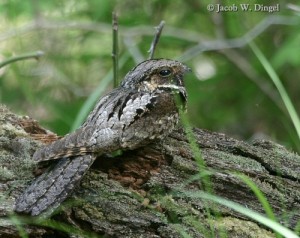

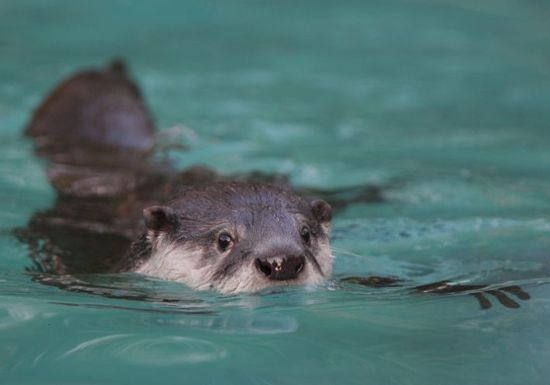
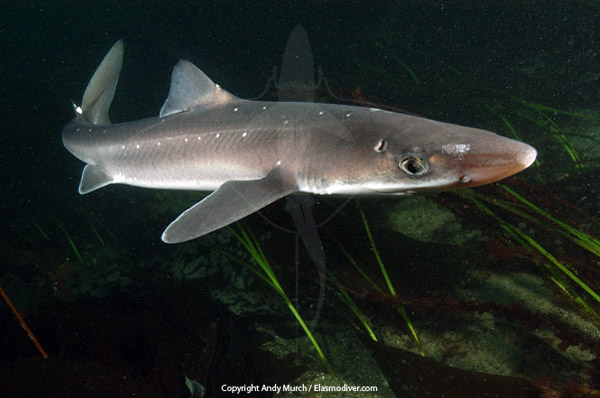
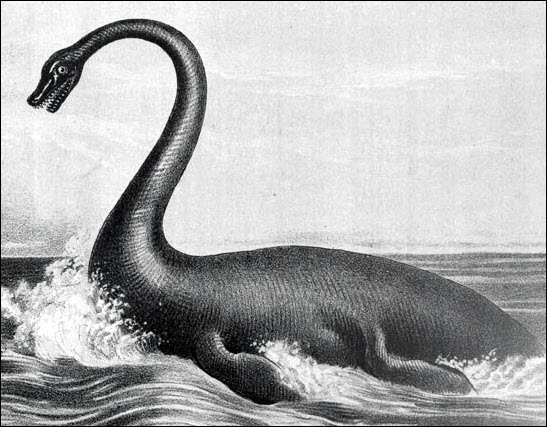
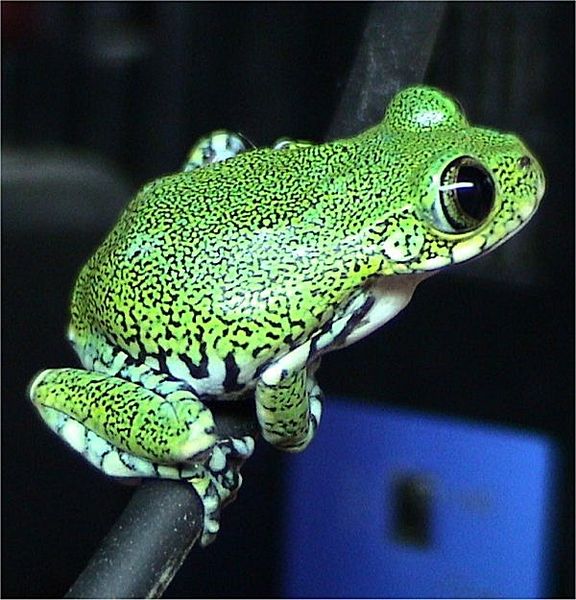
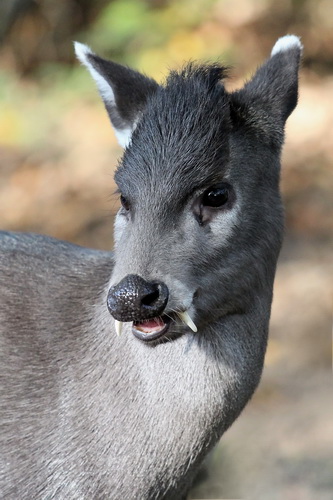
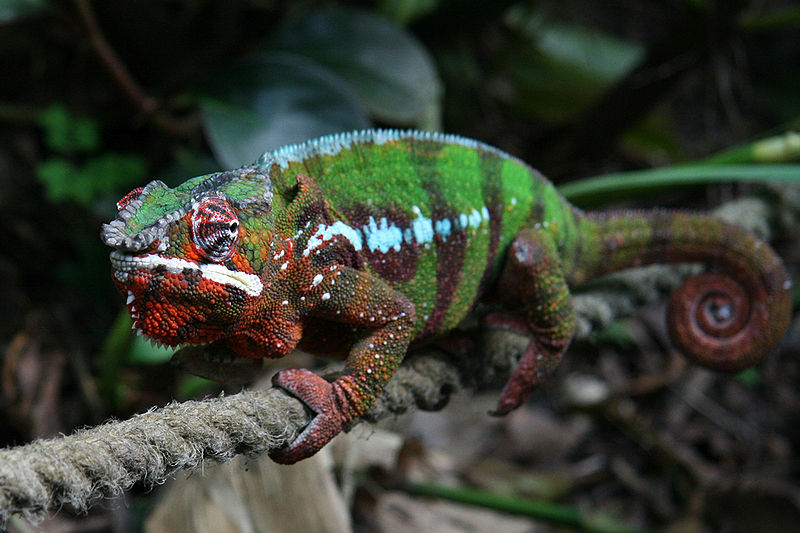
What a wonderful subject! Thank you so much for writing on this amazing bird. Even with my slow internet I was able to listen to the calls (it brought back memories).
Excellent job!
Thanks again!
Thanks Mom!
I am glad you liked it and I am happy the sound clip was able to bring back some fond memories for you.
Hello Nathan. All is well with myself. I am extremely busy. Currently helping to build a summer home for some folks in the north country. We have no power or access to the modern amenities as yet. All work is bull labour. Do not even have much time for photography. The weather has not been co-operating. It has snowed and rained almost every day for the last 3 weeks. Sub-zero temperatures even make it more difficult to work in. I am at home this weekend for a 2 day stint. Going to try and relax and enjoy it a bit. Thank you for your concern. Please stay in touch.
By the way, great fact. I miss hearing their whip-poor-wilI song in the night. I used to hear them quite often as kid growing up in the Ottawa Valley. I wonder if spraying for mosquitos in urban areas has also affected their population?
I will be posting a few shots before I return to the bush again. Till next time we converse, All the best, and keep up the great site. You deserve several awards for your hard work. I also notice I am not the only one enjoying your site. Your popularity is growing. Kudos, my friend.
Good to hear from you Lee! Nice to know that you are just working hard and nothing serious. Although, it would have been better if you were on holidays and just relaxing out in the bush with your camera.
I am certainly looking forward to your upcoming photos.
Thank you for the kind words!
Good luck with the house and we will talk again soon!
This little guy looks almost reptilian…the shapes and texture of the feathers!
They do have a reptile look don’t they. I didn’t notice that the first time. Pretty Interesting!
I was thinking the same thing as Buggy! The little thing is cute. Are these birds in the United States?
~Have a nice day!~
Hi anml_lvr!
They certainly do exist in the United States. They exist in the Eastern USA. You can find a distribution map on the right hand side of the page at the following link.
http://www.allaboutbirds.org/guide/Whip-poor-will/lifehistory
I hope you get to hear one of these liitle birds soon!
I just played the clip a few times as I have a Cockateil that sits right next to my desk in my office. He got quite the kick out of it. I remember hearing Whip-poor-wills when I was younger, but not anymore. I wonder where they went to??
Speaking of birds. This morning at 6 am I was in my office, dropping EC clicks and in the window was a scene right out of the movie the Birds. There was at least 500 black crows all over my front lawn, there must have been lots of worms for them to eat. They would swoop down in unison and then fly back into this one poor tree. My bird was quite amused. They stayed a good 45 minutes too. nature is amazing.
Your Cockateil has been having an interesting day. First 500 creepy crows and then you tease it with the sounds of a whip-poor-whill. That little Cockateil will sleep well tonight.
I think I might have been worried to see 500 black crows swarming the front lawn. Are you sure it was just worms they were after? Maybe it is time to put up a scarecrow or two! That would be an interesting sight to see though. That many crows swooping down in unison… wicked! It is incredible how amazing nature can be if you just take the time to slow down and appreciate it.
Thanks for sharing your stories!!
On my way home from work tonight I saw a bird fly across the road. It got me thinking down the track of what type of nocturnal bird it was and I remembered the whip-poor-will. I also started to wonder why I didn’t hear them any more so when I got home I googled it, and this thread was one of the first few entrys that came up. I didn’t read all of the responses, but I am wondering if coyotes are the reason we don’t hear them or bob whites anymore.
Hi James,
The rapid decline in Whip-Poor-Will populations is a perplexing issue. I know in Ontario this birds was considered to be Not at Risk in 2009 – now they are considered to be threatened and will have a recovery strategy set in place. That is a very rapid decline which we don’t normally see in nature.
Although, scientists are not sure what is causing the population decrease the top two theories are Habitat Loss and Habitat Degradation. Considering these two activities seem to be some of the biggest causes for the loss of many species, I would probably agree with them.
As far as Coyotes being the cause of the decline. Although predation may play a role in decreasing the population, I haven’t heard any theories surrounding an increase in Coyote population. As well, I am not sure how closely tied birds such as the Bob White and Whip-Poor-Will are to Coyotes.
Thanks for the thought provoking questions. Hopefully we will get to hear the sounds of the Whip-Poor-Will again, soon.
I have often enjoyed the call of the whip-poor-will but as everyone noted it the number of times you hear it has decreased. I would like to point out to everyone that there is a web site that uses volunteers to do counts for population and habitat data. It only requires a couple of hours a year from May to June and is very easy to do. So if anyone is interested in helping out the web site is http://www.nightjars.org/ .